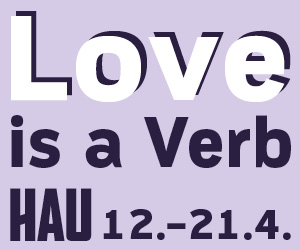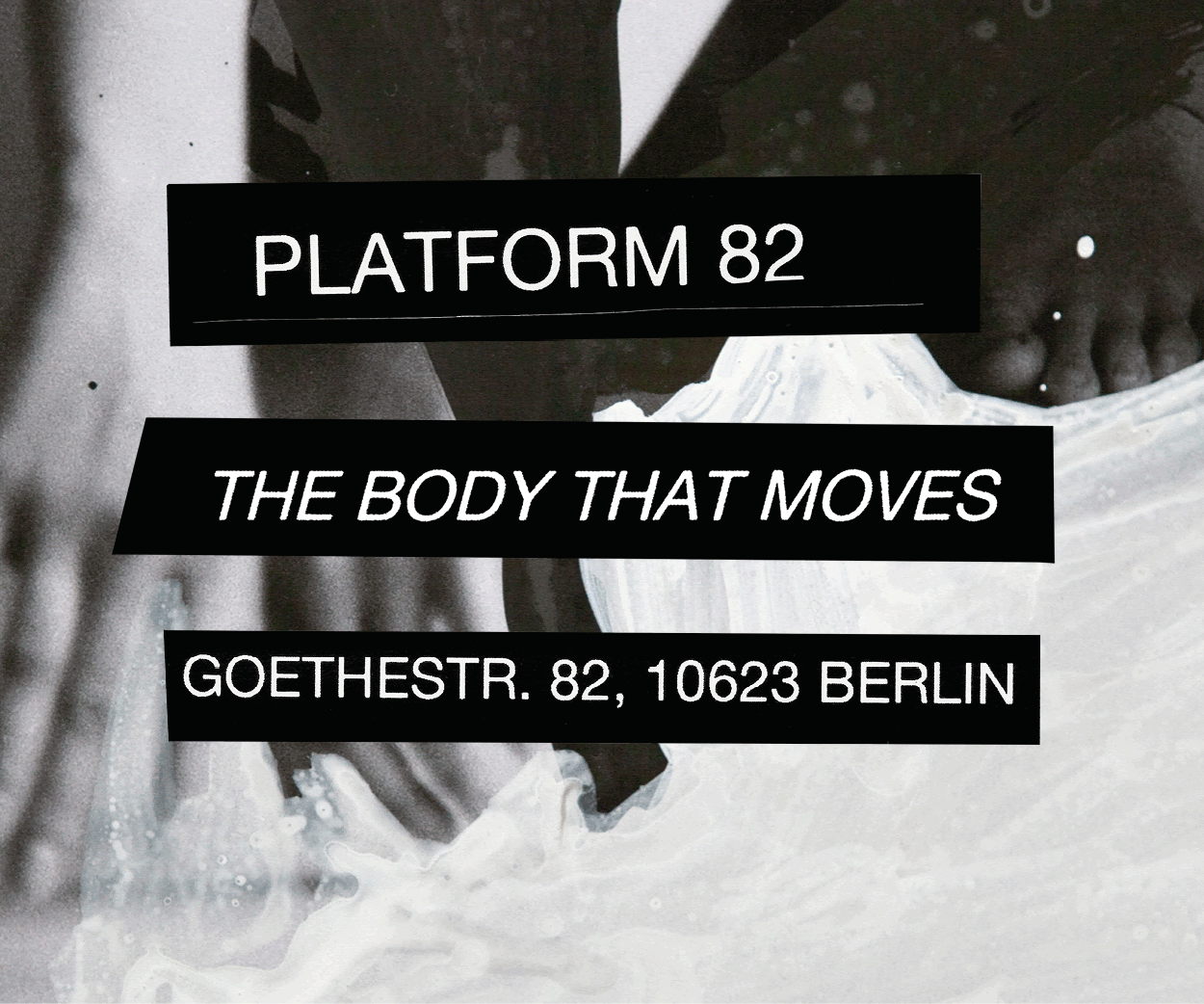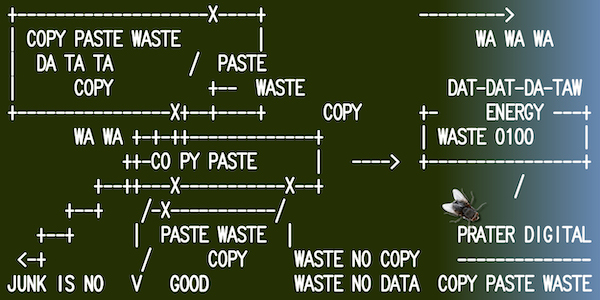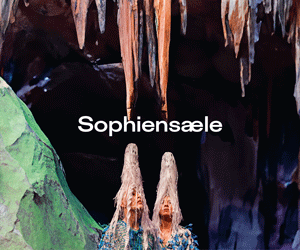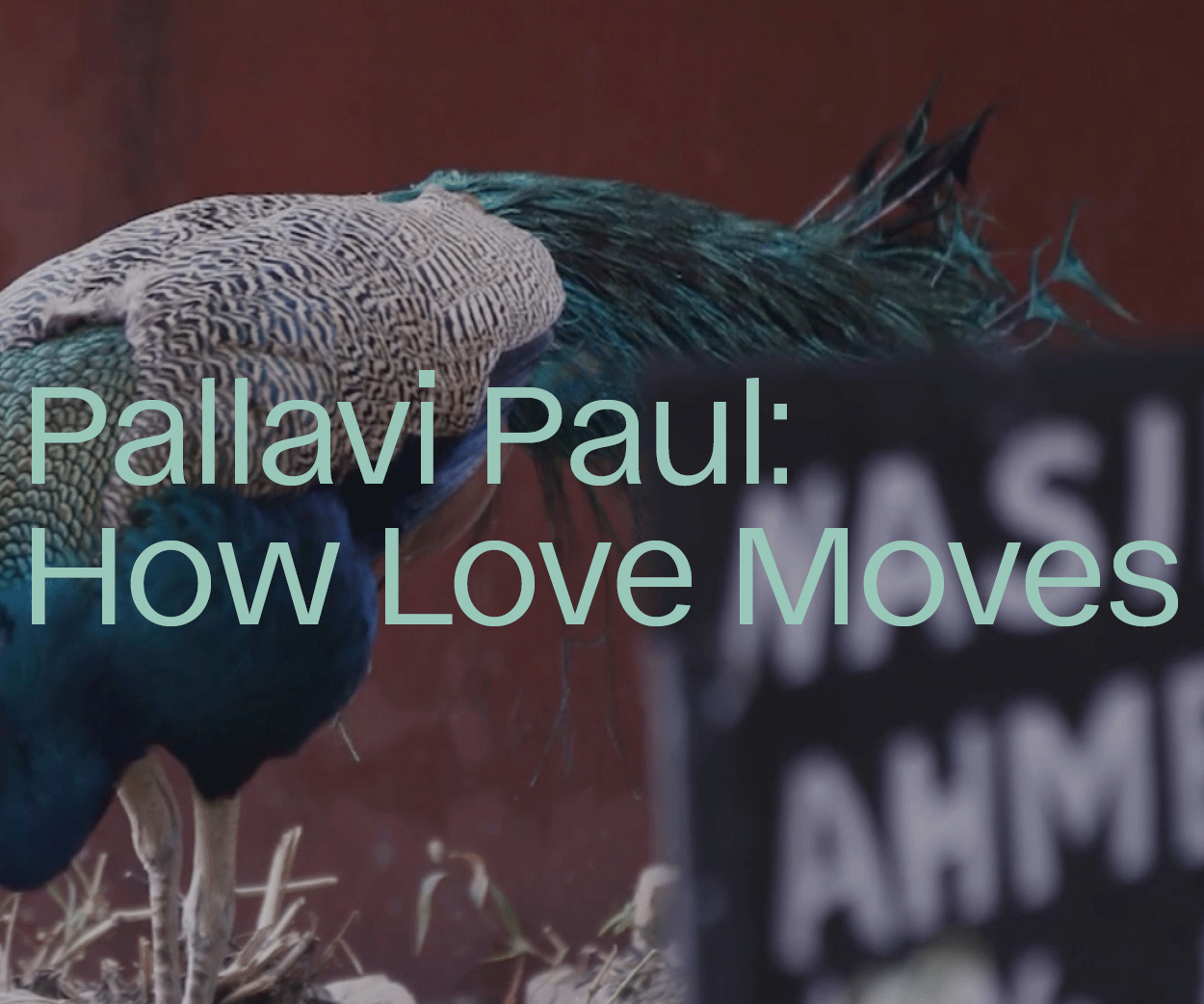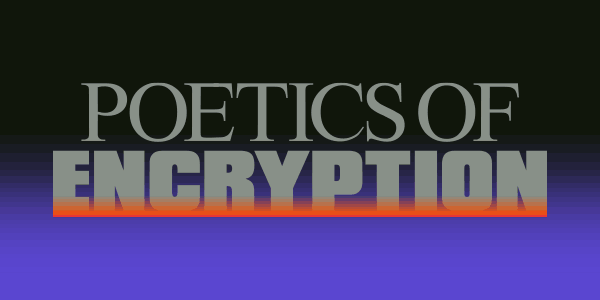“Transformed by technology, wired for efficiency. Bodies who have never yet met, but are already connected through capital and high-res images of their bodily surfaces.” Grounded within this idea of corporeality intersecting with artifice, Pakui Hardware‘s current exhibition at Exile Gallery presents a collection of complex sculptural installations that force us to consider how human forms are becoming increasingly defined by technology. The work of this young Lithuanian collective probes us to consider the effect of our obsession with economic prosperity and how the rise of automation will serve to fuel these obsessions. The work is subtle in its message, presenting ambiguous imagery that could be either human forms, sea creatures, or an extra-terrestrial species. In their somewhat minimalist style, Pakui Hardware’s sculptural representations of bodies are clamped and suffocated into clinical displays, as if they are being offered up for consumption. The exhibition points to our position as consumers, exploited by overpowering forces rather than autonomous beings that possess control of our own bodies.
Considering the abstract forms of the work on display, the exhibition could easily be mistaken as merely a construction of an alternate reality. At first, the sculptures seem otherworldly and detached from any commentary on human experience. In both of the two exhibiting rooms, you are presented with sculptures constructed from UV prints on PVC Pentaprint film, showing images taken from NASA. Statically contorted as if frozen in perpetual squirms against their subjugation, these sculptures seem to gesture towards science fiction. On closer inspection, the patterns of the NASA images appear more like microscopic images of skin bacteria or cell forms. Pakui Hardware have expressed their interest in conflating unnatural and natural realms, and so the confusion of the human world with space exploration is key. Once this becomes apparent, the commentary becomes aimed more directly at our own reality of human existence under science and technological advancement. This took a while to uncover, but holding this ambiguity in suspense is what makes the work so effective. One experiences unease by looking at these sculptures, mostly because they seem to pivot between anthropomorphism and inhuman entities. It is hard to know how we as humans should relate to these forms.
The aesthetic of the work of the Lithuanian collective is visually pleasing, particularly with the meticulous attention to small details. The overall appearance, with its colours and patterns, wouldn’t look out of place in a trendy pop-up shop interior. In ‘On Demand III,’ the combination of Plexiglass, blue gloop and the steam-machine plugged into a USB charger connotes a post-internet sauna. But this surface of luxury is part of the deceptive façade that Pakui Hardware have created to tenuously conceal a much bleaker message. Associations of fashion, sexual innuendo and the internet are all generated by their use of materials, all of which are consumables, endlessly churned out at high speed. The show generates thoughts about our desires for these things, and how our blissful ignorance might conceal our vision of the impact these desires may have upon our bodies.
In the next room, fleshy ceramics wrapped in tubes of neon lights are presented on a table and more three-dimensional PVC print-sculptures screwed into the wall. The undertones of aggression in their restraint resonates with Paul B. Preciado’s discussion of biocapitalism; power is ultimately exercised through control of our bodies. S/he argues that our bodies are dominated by the output of ideas produced by pornography industries and pharmaceutical companies. According to Preciado, this oppressive regime under whose rule we exist “does not produce things. It produces mobile ideas, living organs, symbols, desires, chemical reactions…” Whether or not Pakui Hardware intended to integrate this radical line of thought into their work, they seem to present the possibility that mass production can be internalised by us and affect our perceptions of our bodies.
Mobile forms of technological hardware have tended to dominate many of Pakui Hardware’s recent shows, so the dominance of ceramics and printmaking in ‘On Demand’ may seem like a return to more conventional means of making sculpture. Yet technology still exercises a grip in this show. The chugging steam and the low hum of electricity running through the neon lights in ‘On Demand V & VI’ announces its omnipresence. The show could be read as an extreme representation of the outcome of technology’s reign; we have been so heavily reduced by the force of technology that we have become mere bunches of cells and shells. This idea of technology becoming absorbed into our systems is a subject undergoing intense study. It is refreshing to see that the artists here have not fallen into the common tendency to simply visualise how our bodies might look within the onslaught of technology, as evidenced by the increasing surge of cyborg-inspired imagery in recent contemporary art. Pakui Hardware’s austere yet alluring atmospheres aptly convey the perpetual hold that automation and mass production could continue to exert over us. While this message may seem, on a visual level, difficult to uncover, it is there for deciphering, and we are driven to work harder to find it.
Exhibition Info
EXILE GALLERY
Pakui Hardware: ‘On Demand’
Exhibition: Jun. 01 – Jul. 15, 2017
Kurfürstenstraße 19, 10785 Berlin, click here for map


